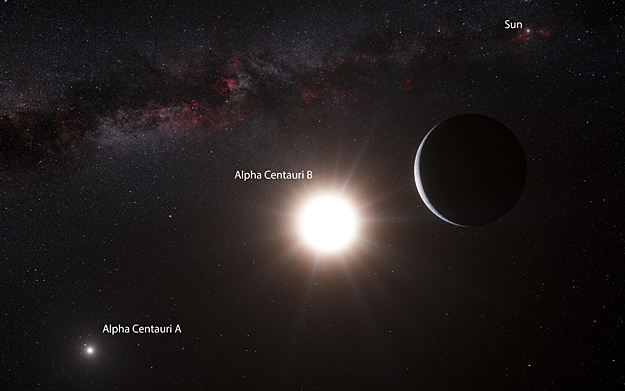The Copernican Principle Rules Out BLC1 as a Technological Radio Signal from the Alpha Centauri System

Without evidence for occupying a special time or location, we should not assume that we inhabit privileged circumstances in the Universe. As a result, within the context of all Earth-like planets orbiting Sun-like stars, the origin of a technological civilization on Earth should be considered a single outcome of a random process.
We show that in such a Copernican framework, which is inherently optimistic about the prevalence of life in the Universe, the likelihood of the nearest star system, Alpha Centauri, hosting a radio-transmitting civilization is ∼10−8. This rules out, \textit{a priori}, Breakthrough Listen Candidate 1 (BLC1) as a technological radio signal from the Alpha Centauri system, as such a scenario would violate the Copernican principle by about eight orders of magnitude. We also show that the Copernican principle is consistent with the vast majority of Fast Radio Bursts being natural in origin.
Amir Siraj, Abraham Loeb
Comments: 4 pages, 3 figures; submitted for publication
Subjects: Popular Physics (physics.pop-ph); Earth and Planetary Astrophysics (astro-ph.EP); Instrumentation and Methods for Astrophysics (astro-ph.IM)
Cite as: arXiv:2101.04118 [physics.pop-ph] (or arXiv:2101.04118v1 [physics.pop-ph] for this version)
Submission history
From: Amir Siraj
[v1] Mon, 11 Jan 2021 19:00:00 UTC (120 KB)
https://arxiv.org/abs/2101.04118
Astrobiology, SETI,








